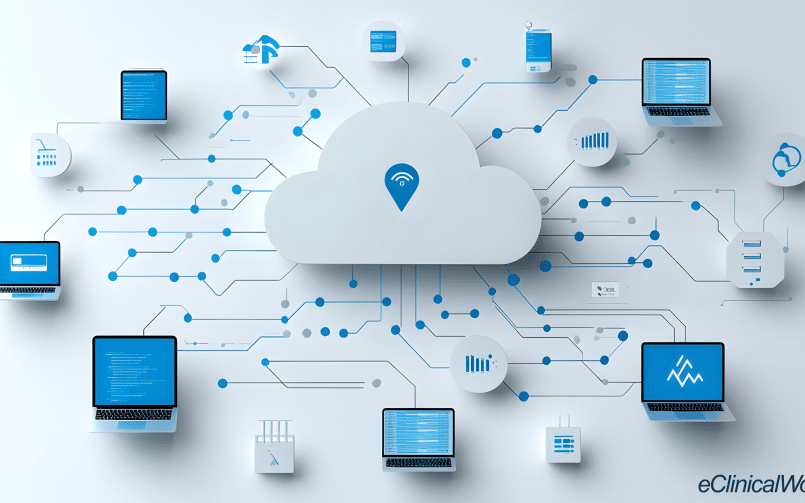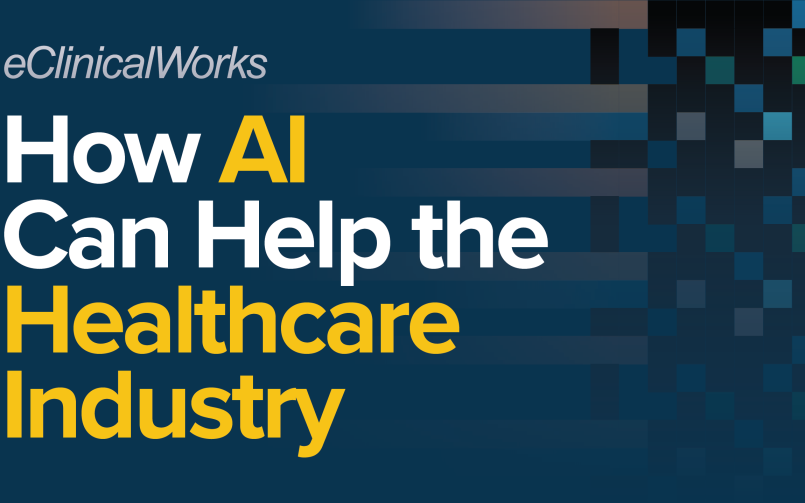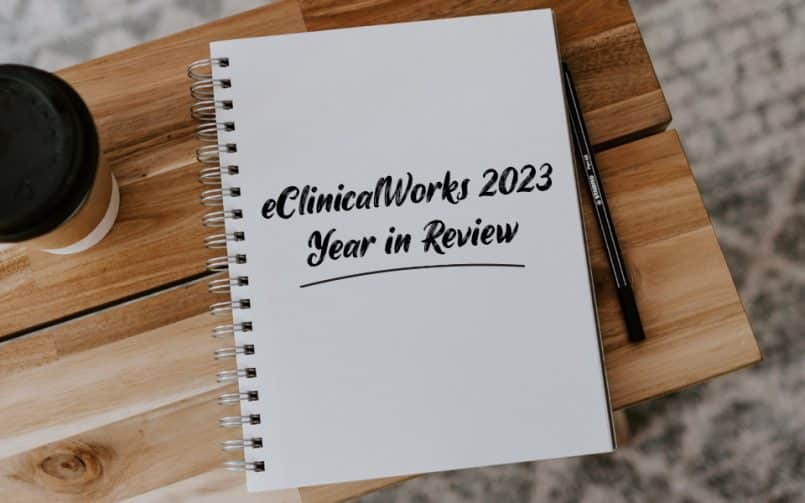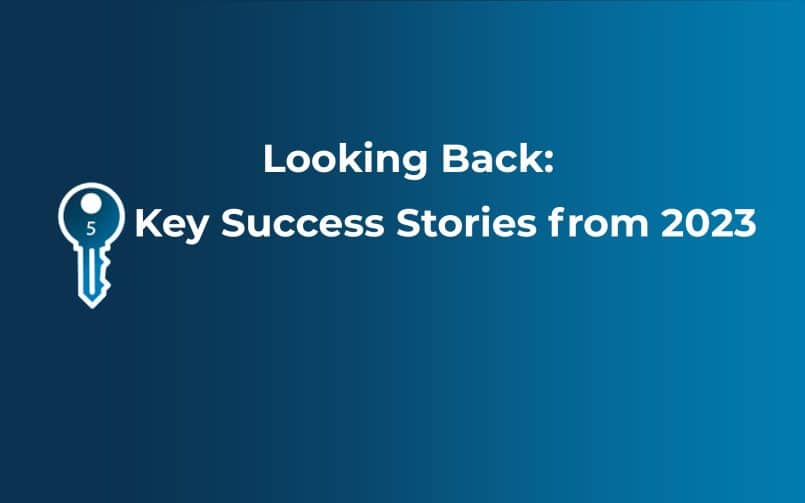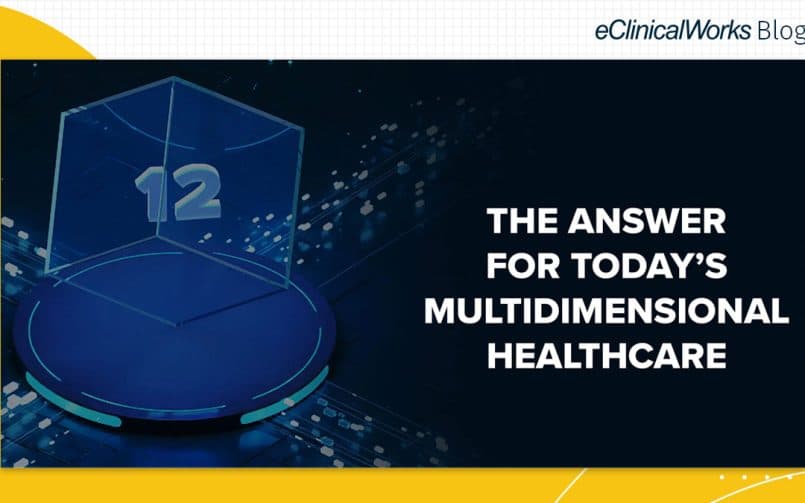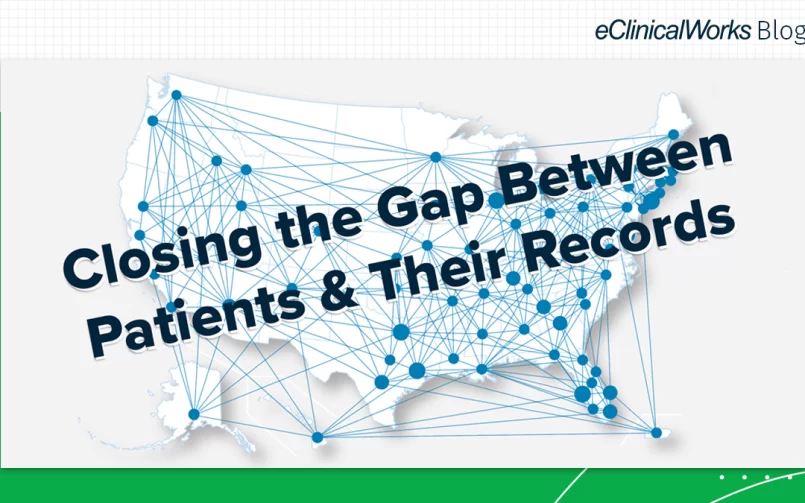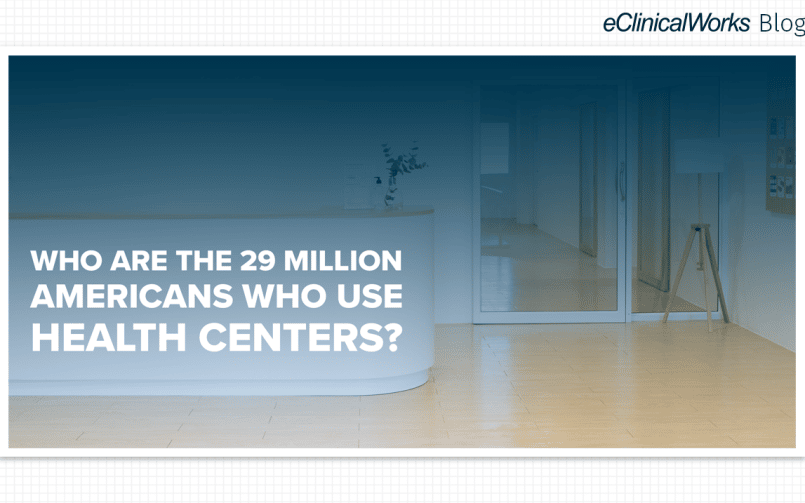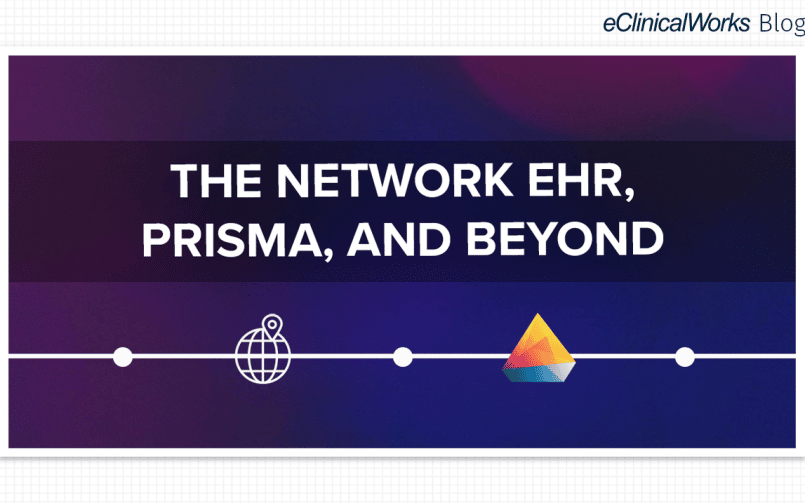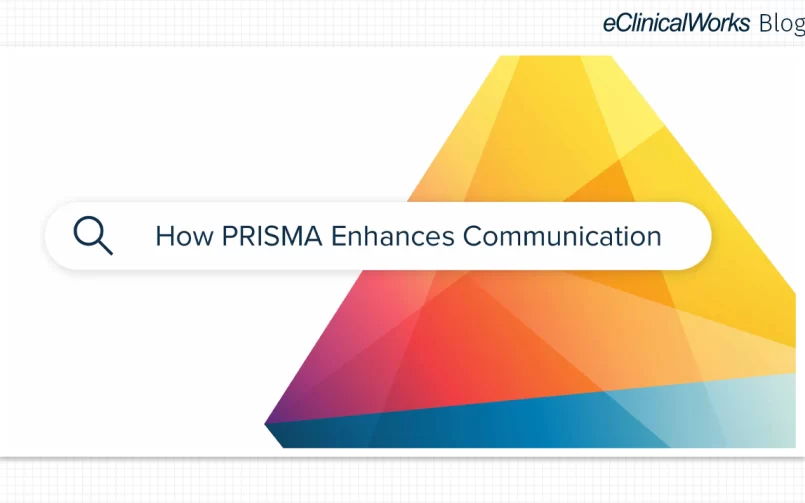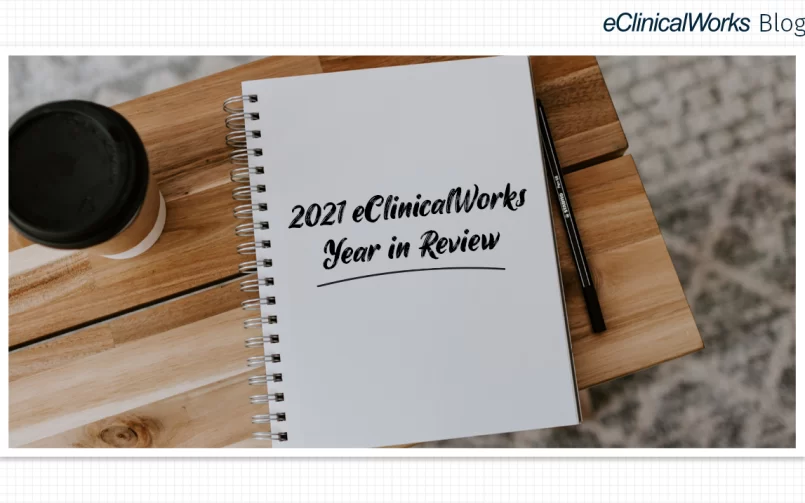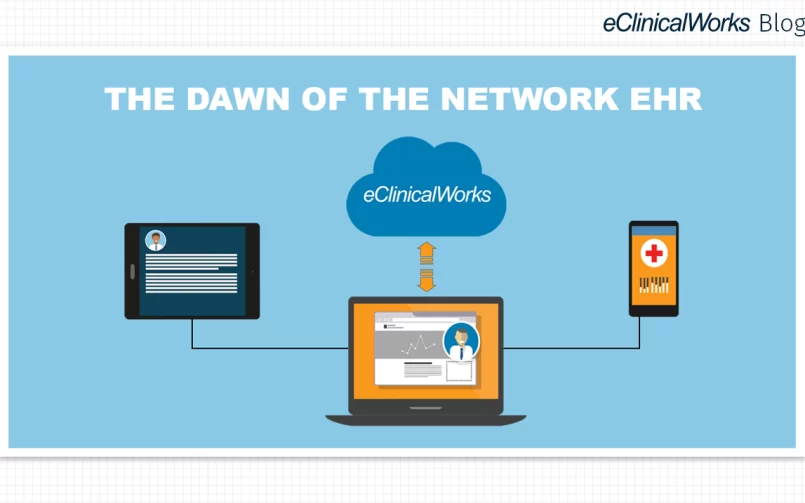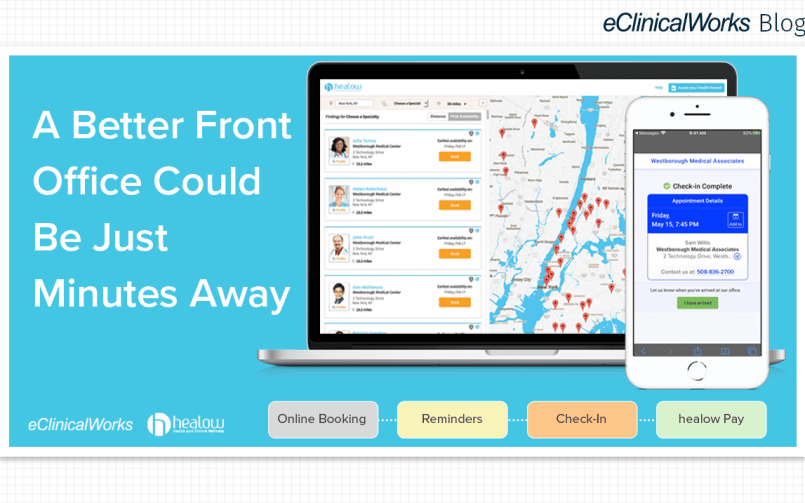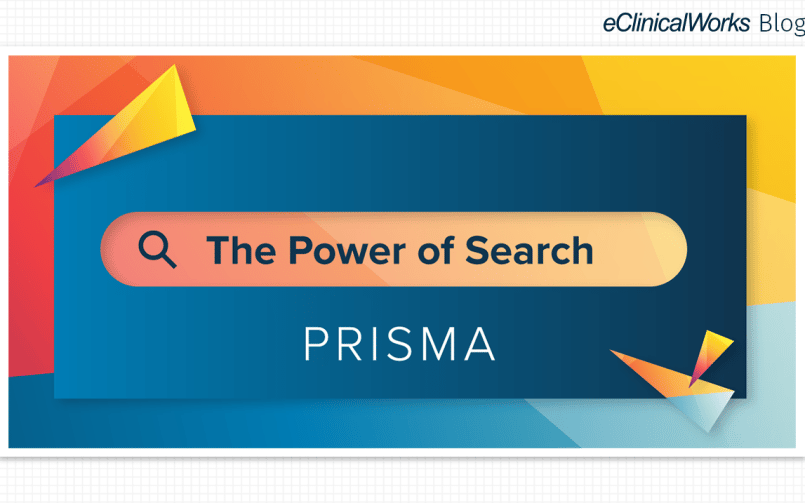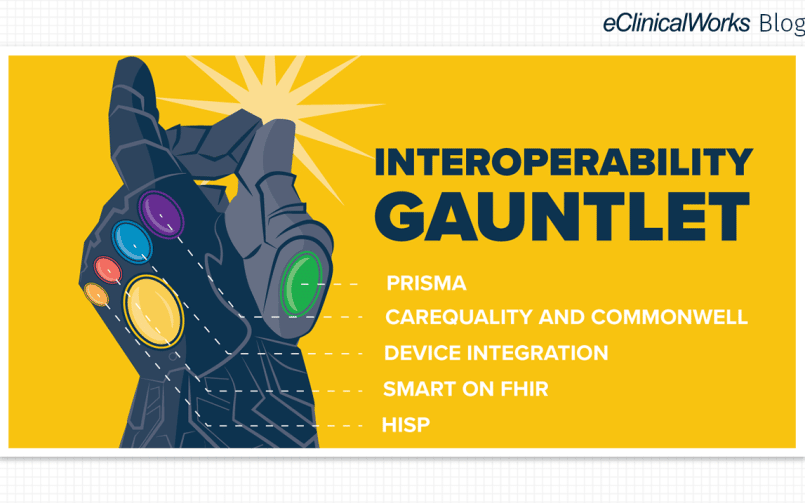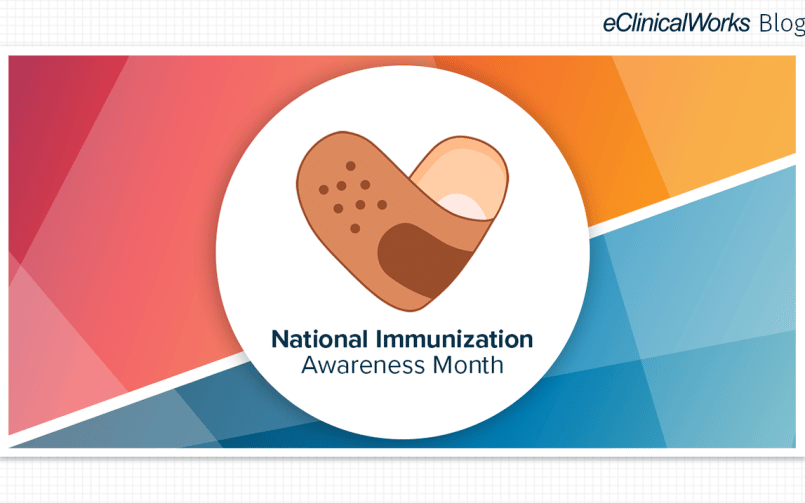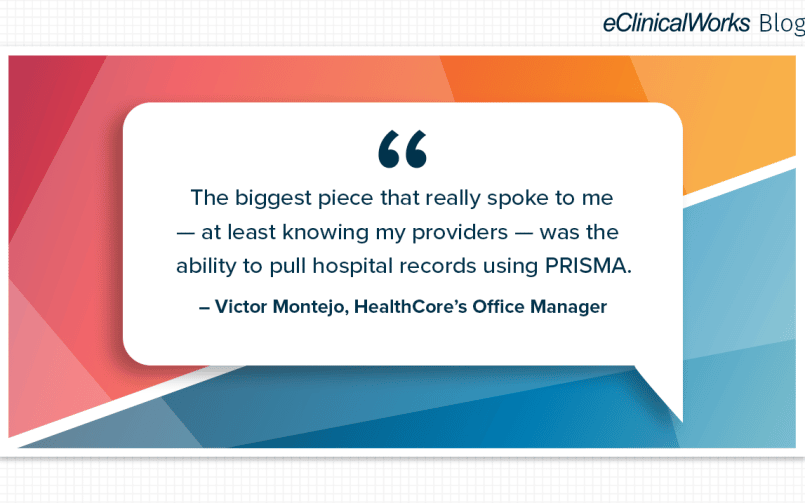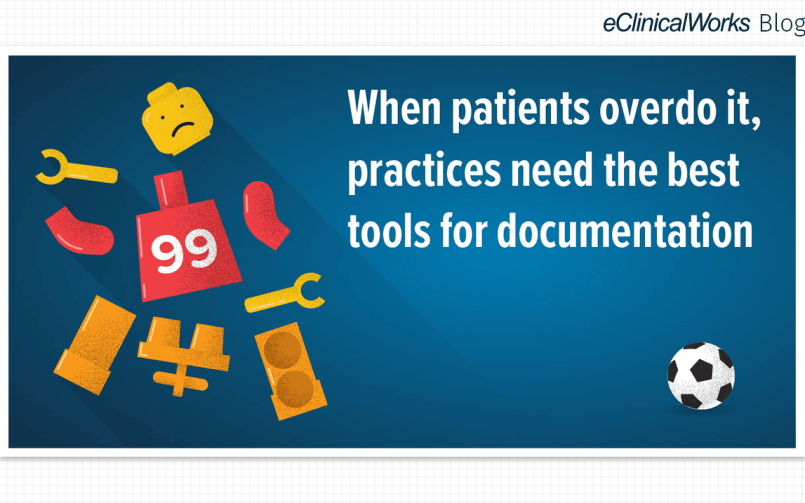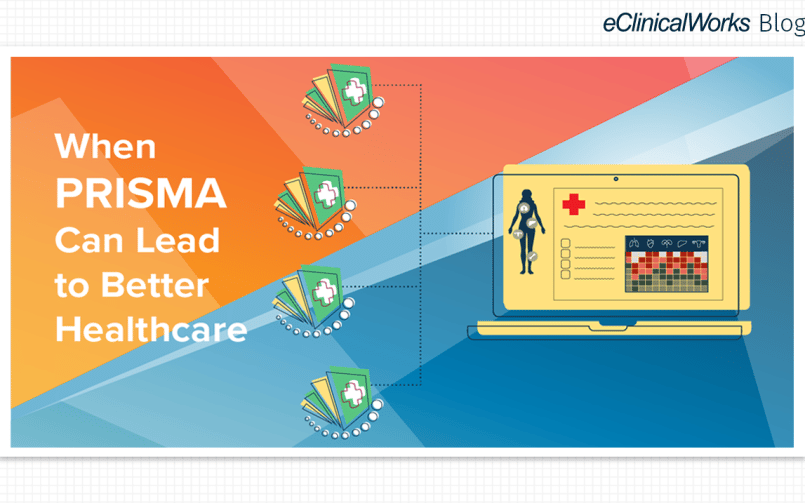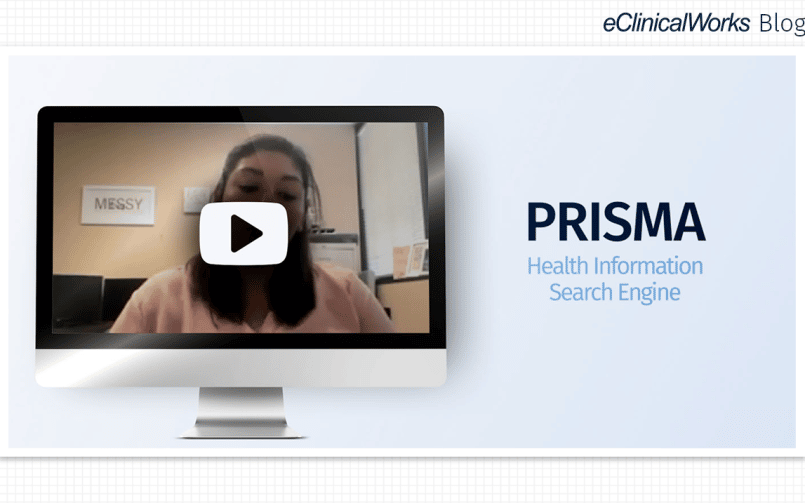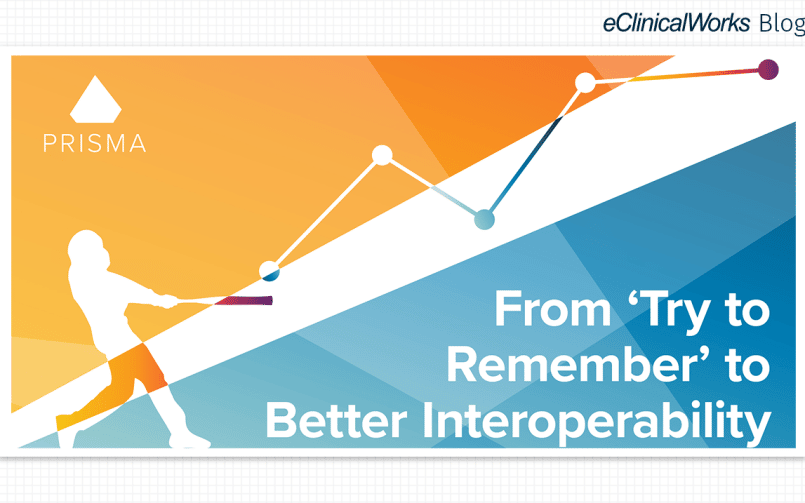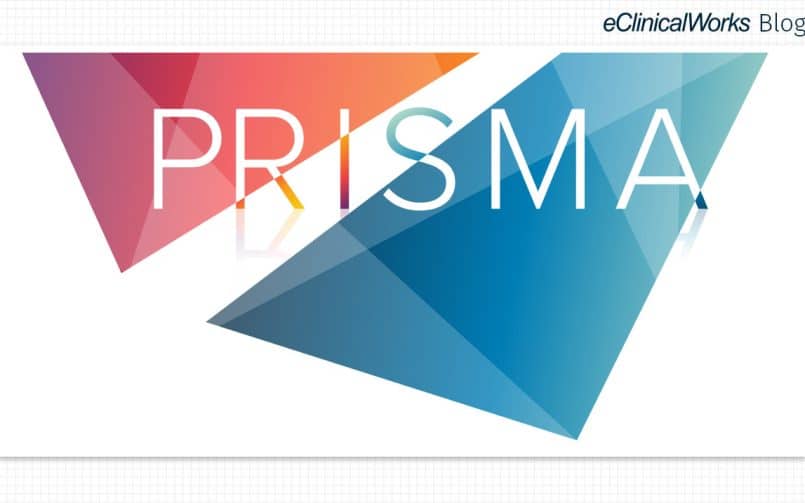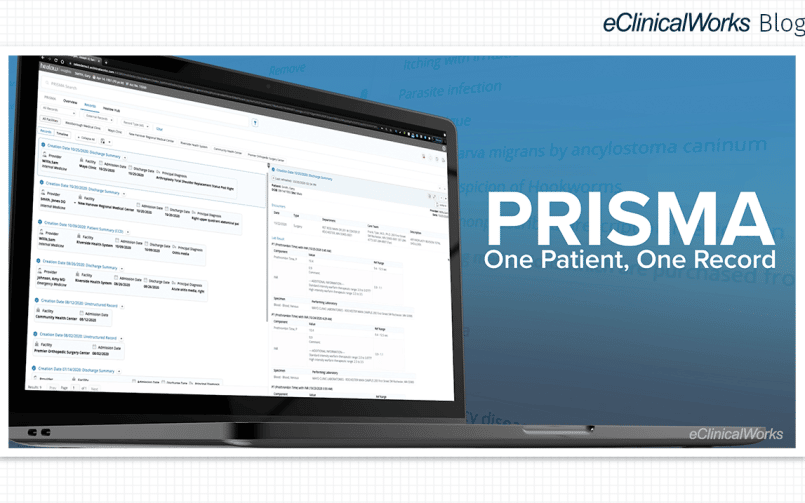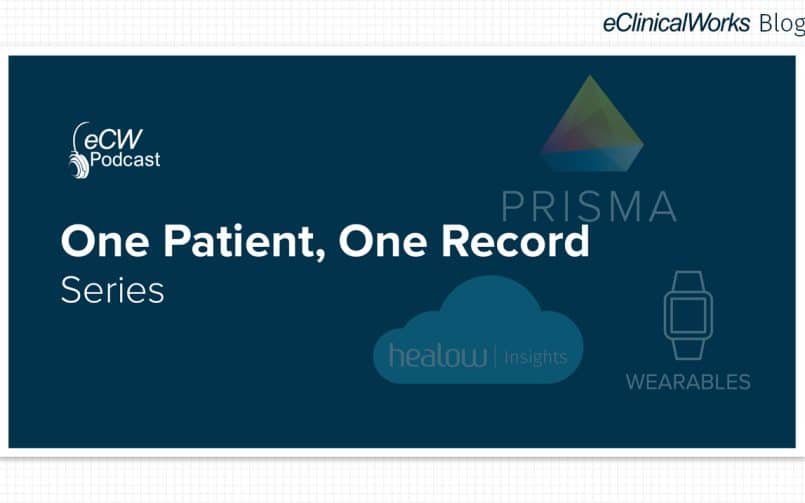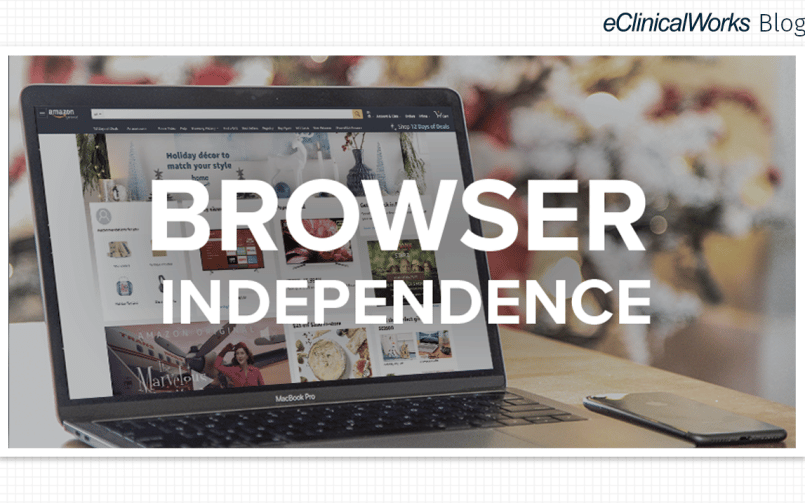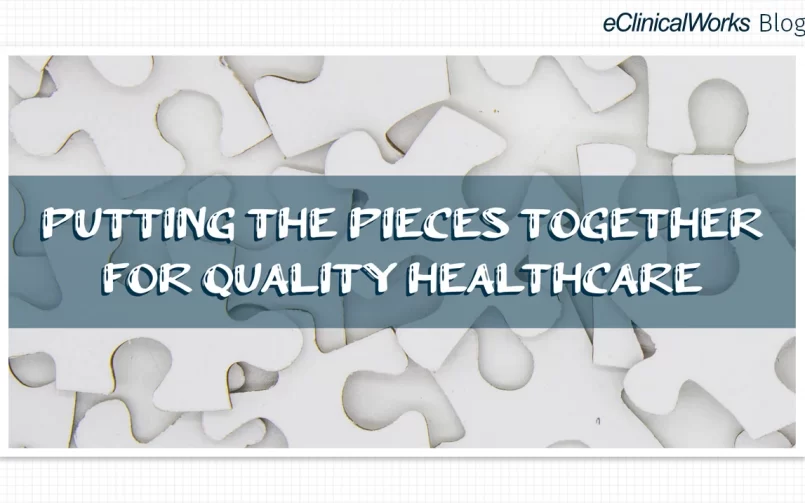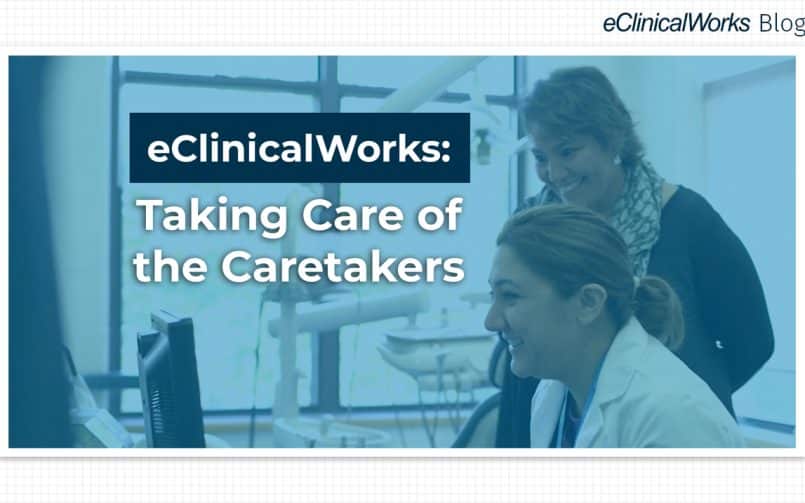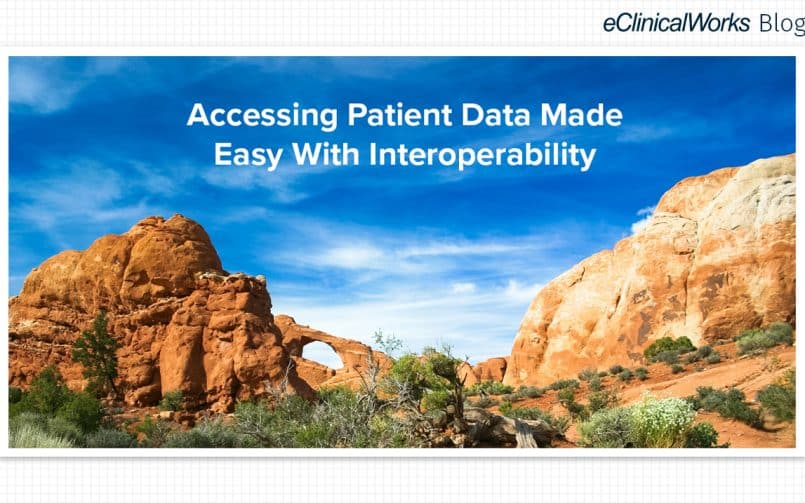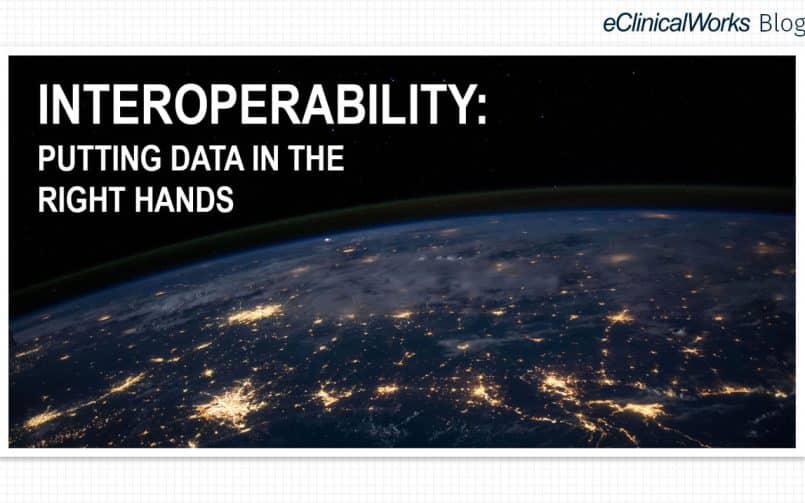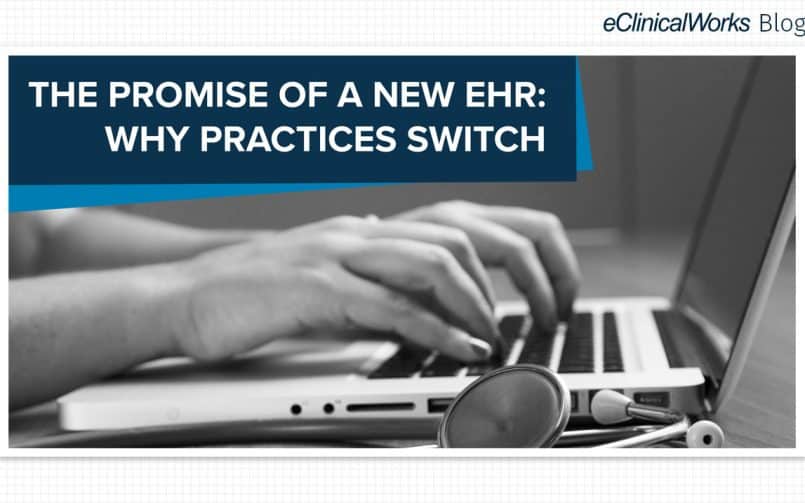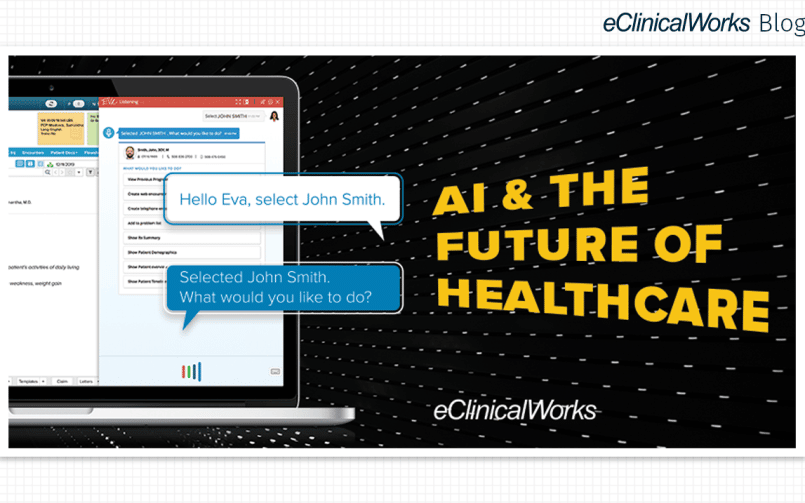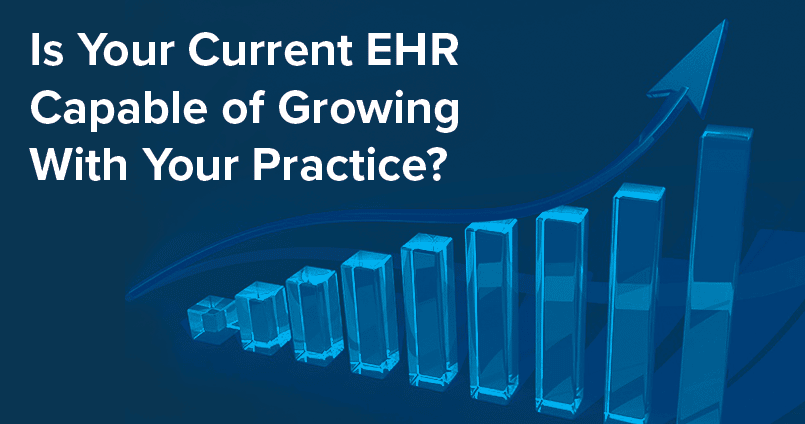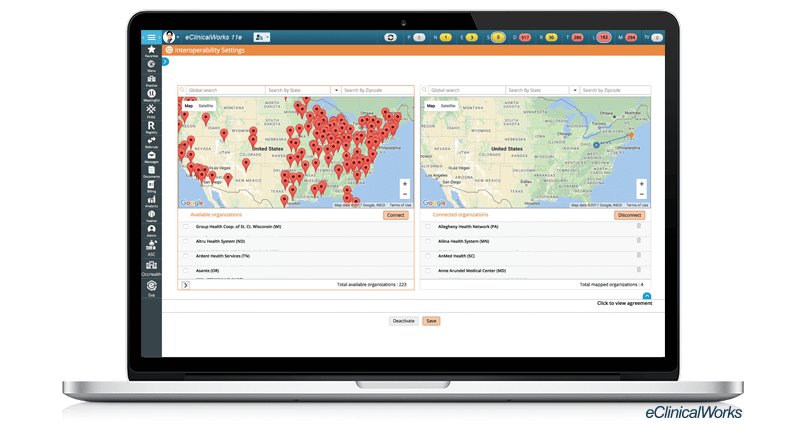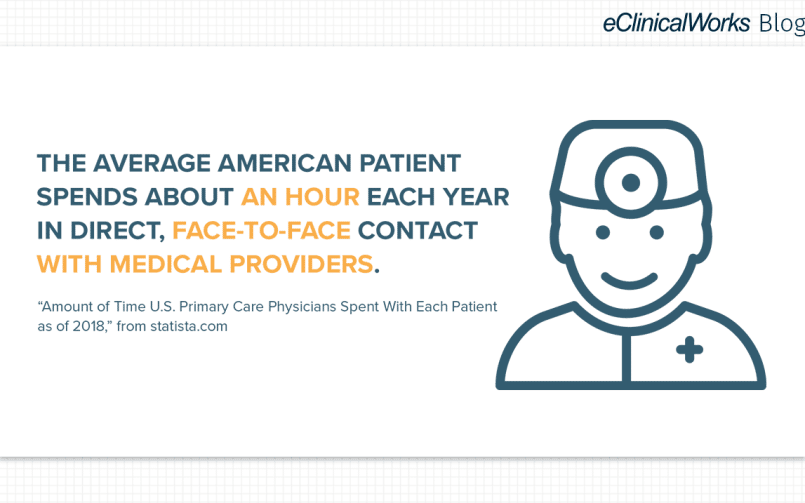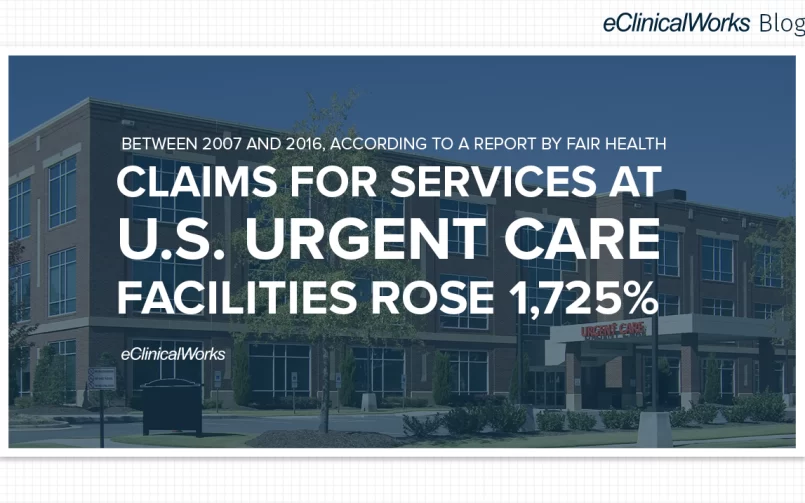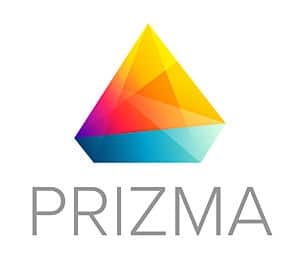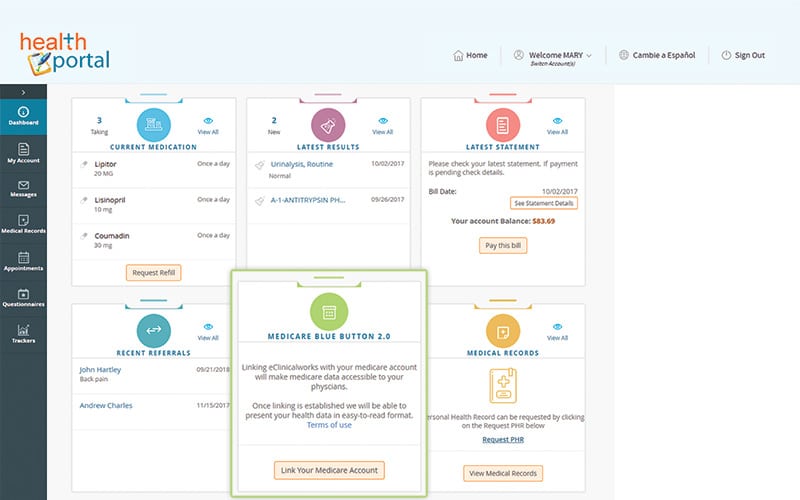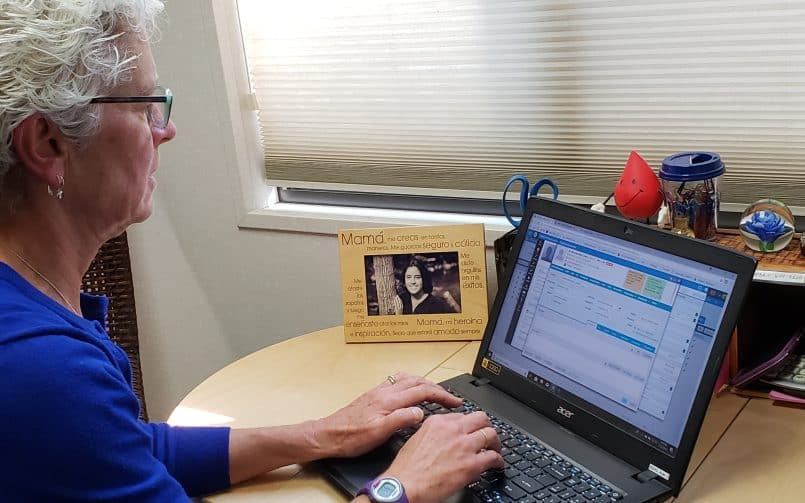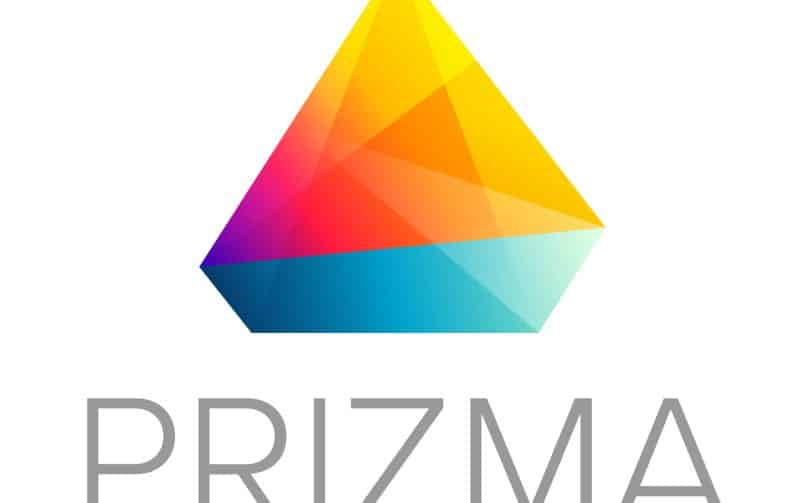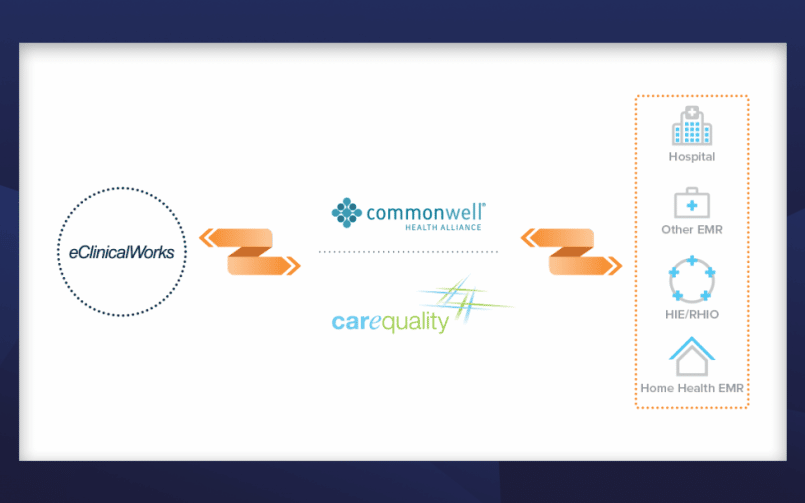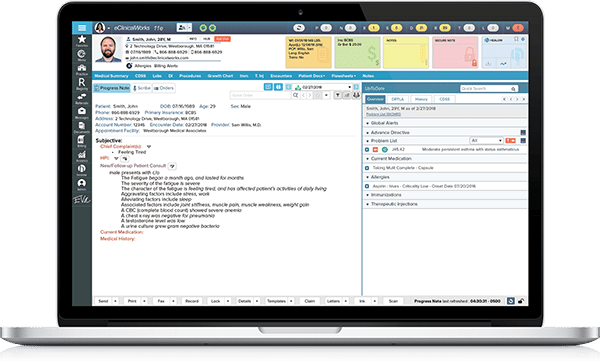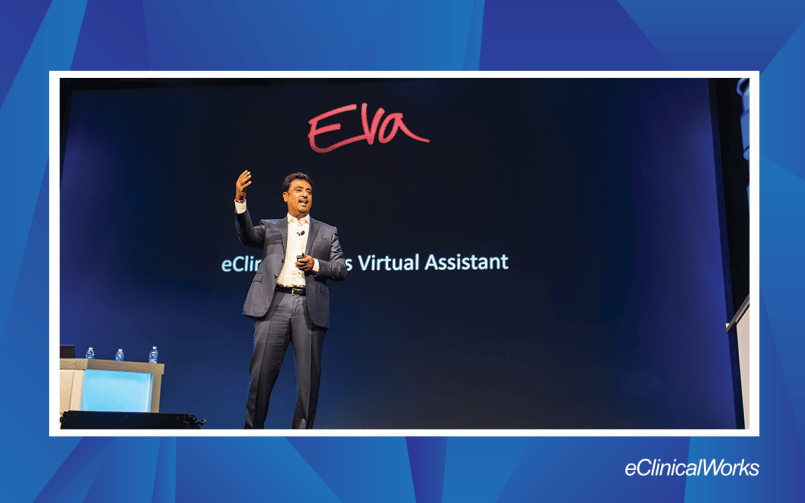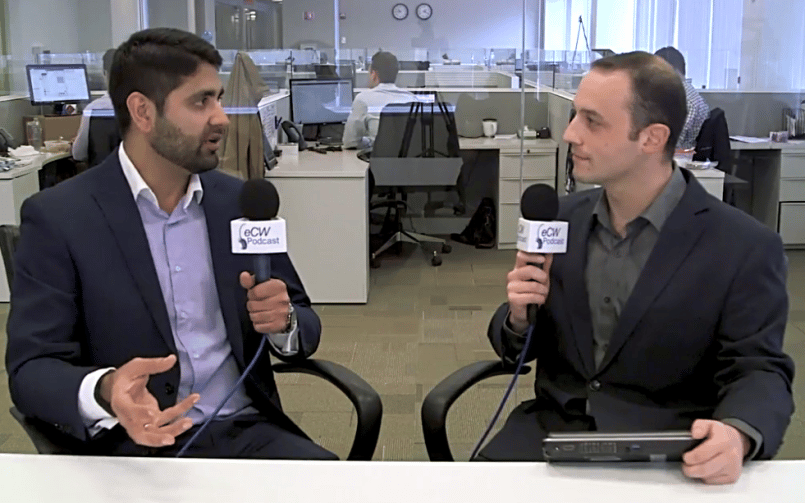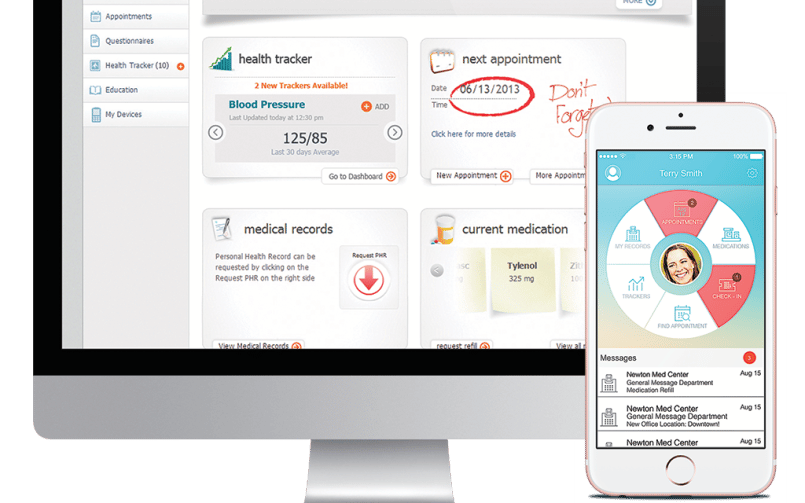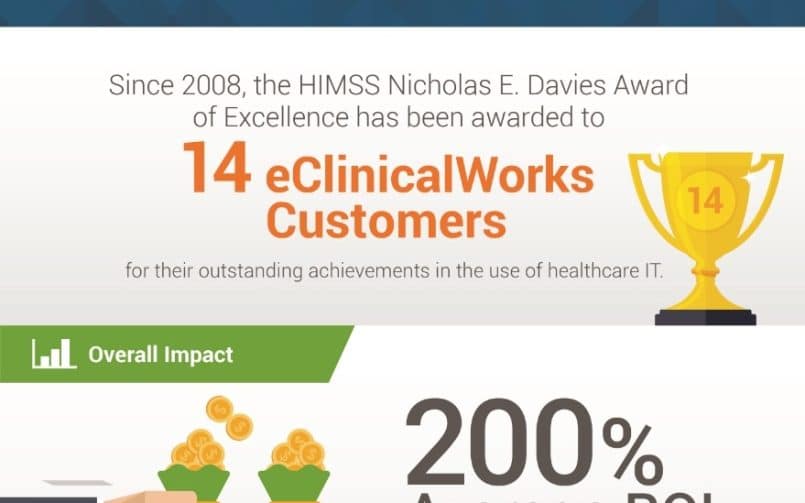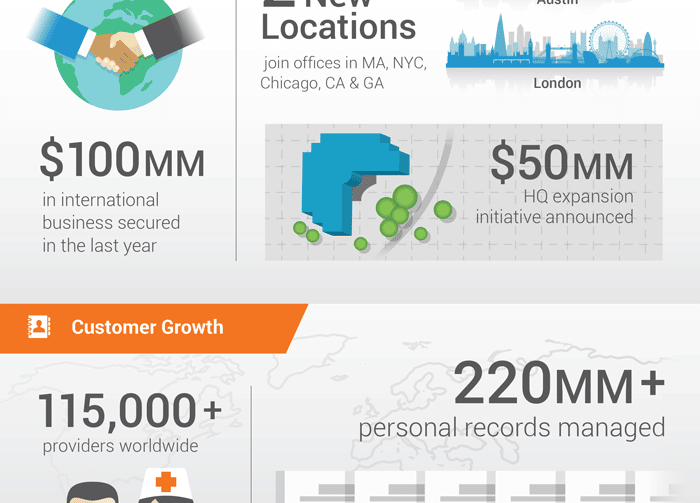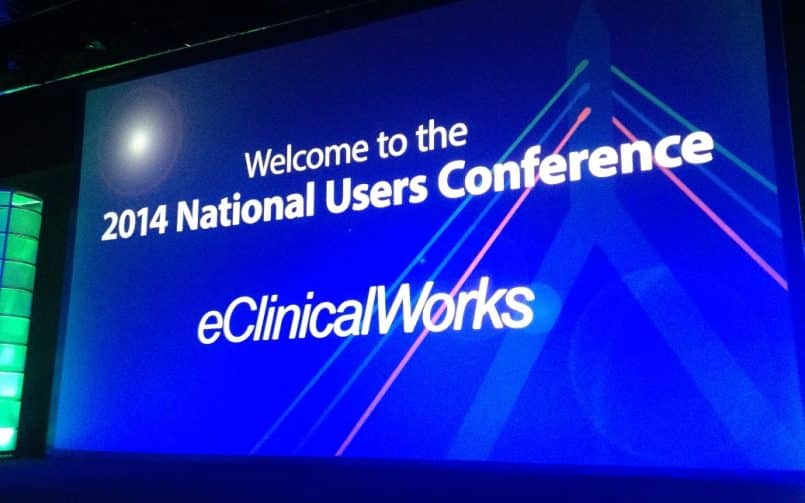That Hospital EHR System Costs Too Much
- 20 September 2022
- Blog
eClinicalWorks
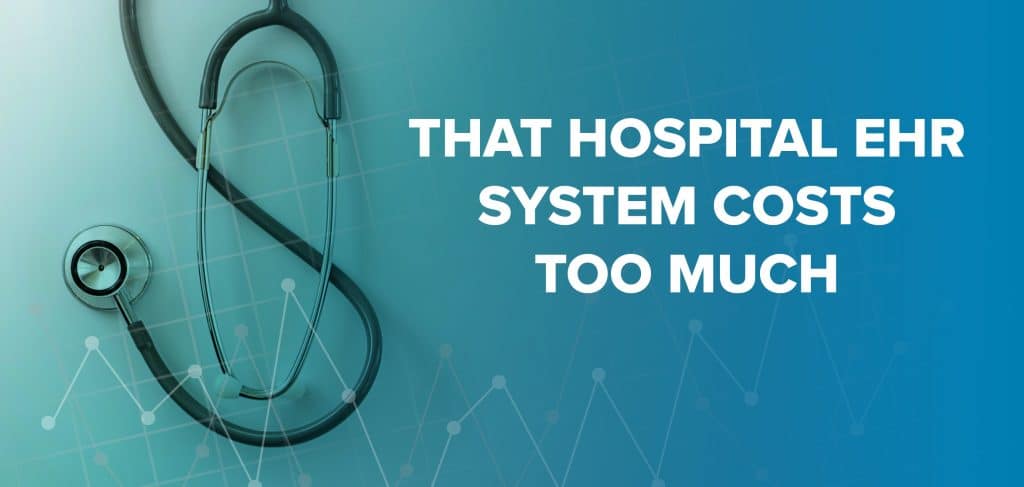
Instead, choose independence and agility with eClinicalWorks
Many private practices and physician-owned organizations affiliated with hospitals are told they must use a hospital Electronic Health Record (EHR). That is simply not the case. Practices today are not only free to choose the EHR that works best for them but may be making an expensive mistake if they agree to switch to a hospital system that does not meet their needs.
Great healthcare in a complex and mobile society depends upon interoperability — quickly and easily accessing patient records and making them available to providers at the point of care. And no company in today’s market is better equipped to deliver interoperability than eClinicalWorks.
At the heart of our EHR lies PRISMA, the health information search engine unlike anything our competitors offer. While many EHRs can find and deliver patient records, only PRISMA gathers and presents them in a searchable, timeline format that helps providers quickly find the information they need to deliver optimal care.
Bottom line? You’re probably paying too much!
There’s a lot to an EHR, to be sure, but just as patients who come home from the hospital are often shocked by the high cost of their stay, medical providers and practices often wind up paying far more than necessary for a hospital EHR.
This summary report from HealthIT.gov, part of the Office of the National Coordinator for Health Information Technology (ONC), cites numerous studies that estimate the cost of purchasing and installing an EHR at between $15,000 and $70,000 per provider.
Indeed, sticker shock has become a familiar phenomenon among hospital systems:
- According to Forbes.com, in 2012-2013, Duke University Health System implemented Epic® for their more than 200 clinics — at a cost of $700 million.
- In 2015, Becker’s Hospital Review reported that Boston-based Partners HealthCare completed a three-year installation of Epic that cost $1.2 billion, twice the initial $600 million estimate.
- In May 2018, the Department of Veterans Affairs (VA) signed a $10 billion contract to deploy the Cerner EHR at its facilities. As detailed by fiercehealthcare.com, the project has been plagued by outages and system degradations. The problems culminated in a government report concluding that the system was responsible for actual patient harm, forcing suspension of further rollouts until 2023.

The decision is yours
Hospital EHR vendors or administrators often tell independent practices they have to adopt the hospital’s system. But why should an independent practice run the risks of higher costs for a system they don’t truly need? And will the hospital’s IT support team be on the spot to answer questions and troubleshoot issues when they arise?
With eClinicalWorks, hospitals and hospital-affiliated groups nationwide enjoy an innovative, cloud-based EHR and Practice Management solution starting at just $599 per provider per month, with no upfront fees. That works out to far less than the cost of a hospital EHR.
Cost isn’t the whole story, of course. eClinicalWorks is not only less expensive but delivers superior performance. Backed by Microsoft Azure, the eClinicalWorks Cloud means our clients enjoy a 99.9% uptime guarantee. They can remain connected to patient data — and continue delivering care anytime, anywhere — even under adverse weather conditions and during times of crisis and natural disaster.
- In the Midwest, Illinois-based Advocate Physician Partners (APP), a hospital-affiliated independent physician network, enjoys predictable costs and superb performance with eClinicalWorks.
- Nationwide Children’s® Hospital (formerly Columbus Children’s Hospital) of Ohio uses a suite of eClinicalWorks interoperability solutions to enjoy more efficient exchange of information between community pediatricians and the hospital.
- UT Southwestern Medical Center in Dallas and Memorial Regional Hospital, based in Hollywood, Florida, also enjoy the power and flexibility of eClinicalWorks to meet their needs.
Achieving true value for providers and patients
These organizations understand that choosing the right EHR is a matter of finding value — a combination of superior performance and reasonable cost.
They use eClinicalWorks to allow patients to view test results, request and schedule appointments, request prescription refills, send secure electronic messages to their physician and view/print their records from home by using the eClinicalWorks Patient Portal.

Using PRISMA to gather patient data and increase efficiency
“PRISMA allows us to get into any hospital system or any Progress Note, imaging, or x-rays that the patient had from an ER or another facility,” says Dr. Luis I. Salazar of Provida Family Medicine, an independent practice in Gurnee, Illinois, that is affiliated with a regional Accountable Care Organization.
“We’re able to get all that information at the point of care. And the best thing is that it’s free. I used PRISMA to examine the history of a patient who had been to the ER several times with symptoms that sounded like panic,” Dr. Salazar said. “Looking at the information we received through PRISMA, as well as the imaging from the ER, affected the treatment for this patient and gave us a really good idea of what PRISMA could do for us.”
Practices such as Provida Family Medicine, ACOs, and many other hospital-affiliated systems are demonstrating every day that there’s an alternative to overpriced hospital EHRs.
Are you ready to take a fresh look at your EHR options? Visit www.eclinicalworks.com or contact sales@eclinicalworks.com to learn more, schedule a demo, or speak with our experts.






